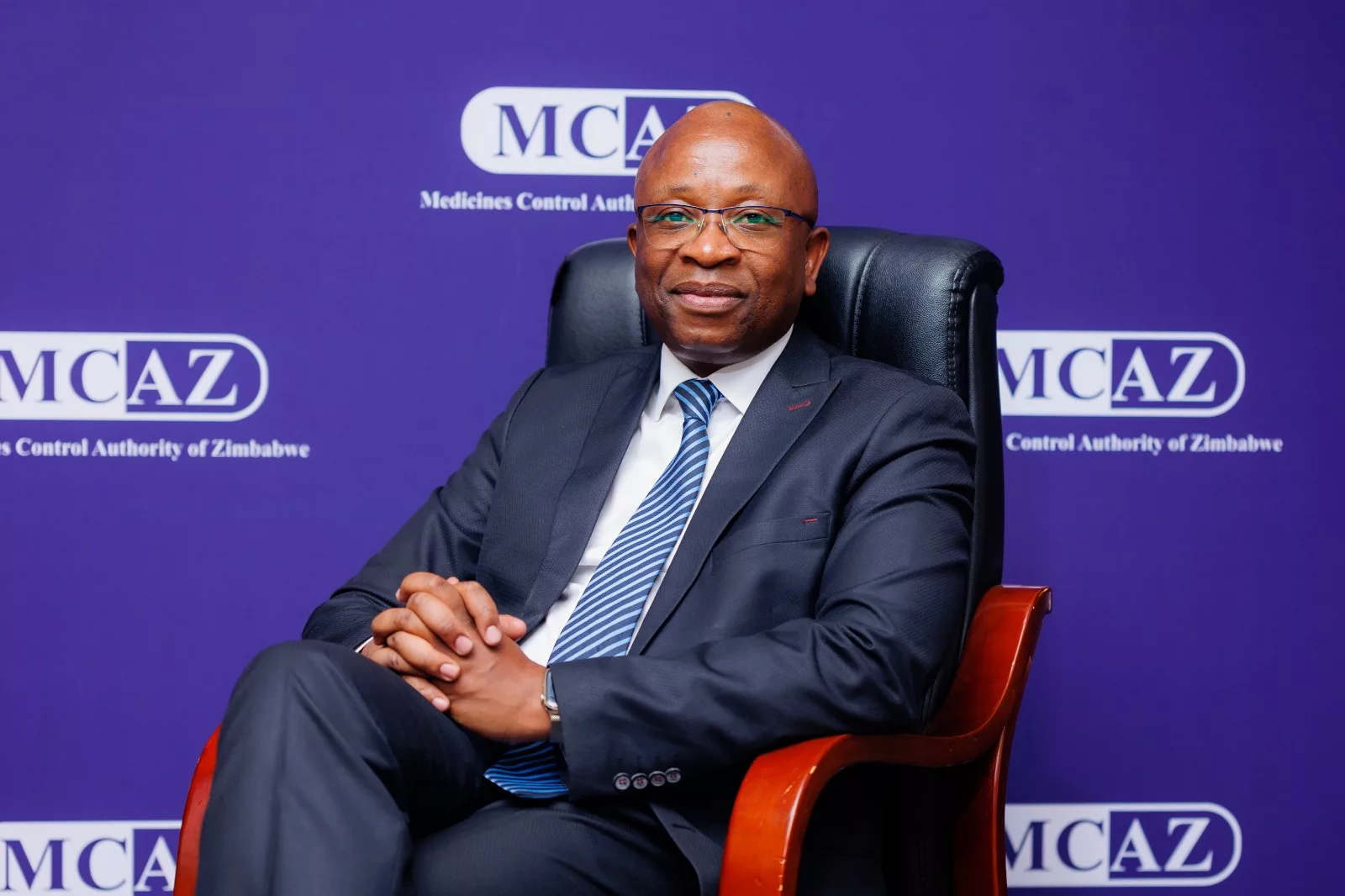|
Getting your Trinity Audio player ready...
|
The various economic reforms by the government in the postal and telecommunications sector have the potential to positively transform the economy in 2022, Dr. Gift Machengete, the Director-General of the Postal and Telecommunication Regulatory Authority of Zimbabwe (POTRAZ) has said.
Dr. Machengete made the remarks yesterday during the presentation of the 2021 fourth quarter postal and telecommunication sector performance report.
He said the year 2021 was characterized by increased reliance on work–from–home, e-learning, and e-conferencing resulting from the COVID-19 effects.
As such, there was an increased demand for online Internet connections. Increased demand for Internet connection as well as the dynamic developments and fast-changing technological advances added pressure to the sector, in terms of service delivery.
Liquidity constraints coupled with the sector’s inability to have foreign direct investment meant much of the investment was financed by retained income. Investment in the sector was, therefore, depressed given the sector’s dependency on foreign equipment for new infrastructure and maintenance. The deteriorating exchange rate also affected the purchasing power of both consumers and service providers in real terms.
“In 2022, the industry is expected to focus on more innovation to deal with situations such as pandemics as well as emerging technologies such as Internet of Things, Machine to Machine learning, Artificial Intelligence, and Distributed Ledger amongst others.
“The various economic reforms by the Government of Zimbabwe have the potential to positively transform the economy in 2022. However, as with the previous year, cost escalations are expected to continue, for as long as the dual currency system remains in practice. Hence, the intricacy of balancing service affordability and operator viability remains a priority for the regulator to address, whilst fiscal interventions may be necessary. It is hoped that the recent liberalisation of the foreign currency market will improve foreign currency available to the sector for investment in network expansion and upgrades for inclusive, high-quality service delivery,” he said.
The POTRAZ Director-General said COVID-19 revealed that pandemics are drivers of innovation.
“We are going to see a lot of applications to solve real-life situations. The government is implementing economic reforms. There is a need to balance tariffs and affordability and create an environment where consumers should be able to afford the services,” Dr. Machengete said.
The administrative and technological guru alluded to the Universal Services Fund (USF) in which POTRAZ has embarked on a number of projects aimed at ensuring universal access to ICTs.
“One such project is the Community Information Centre (CIC) Project which has seen the deployment of Internet access points to rural and marginalised communities. Under this project, Internet surfing and ICT training facilities are deployed either at existing post offices or in remodelled container units.
“Funds from USF were in the past used on community information centres at the existing infrastructure that I mentioned earlier but this time POTRAZ will build the CICs from scratch. This year we got land to build new structures. Under USF, we are installing fibre from Rutenga to Chikombedzi. Around 22 base stations will be relocated.
“Using USF, we will be giving bandwidth to schools that benefitted from computers, and are struggling to purchase the bandwidth, especially now because of COVID-19 as a way to bridge the digital divide for rural schools. We are also connecting 1322 health clinics using USF. POTRAZ will set up computer labs in all the provinces and we are targeting a total of 800 computer labs. Rural provinces that are currently underserved will get more computers. We have an e-health program that will also take a big chunk of USF,” Dr. Machengete added.






